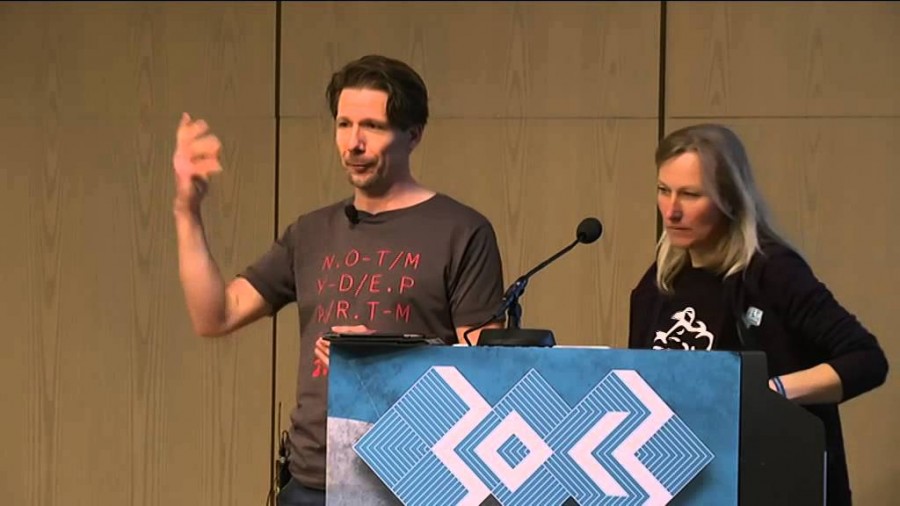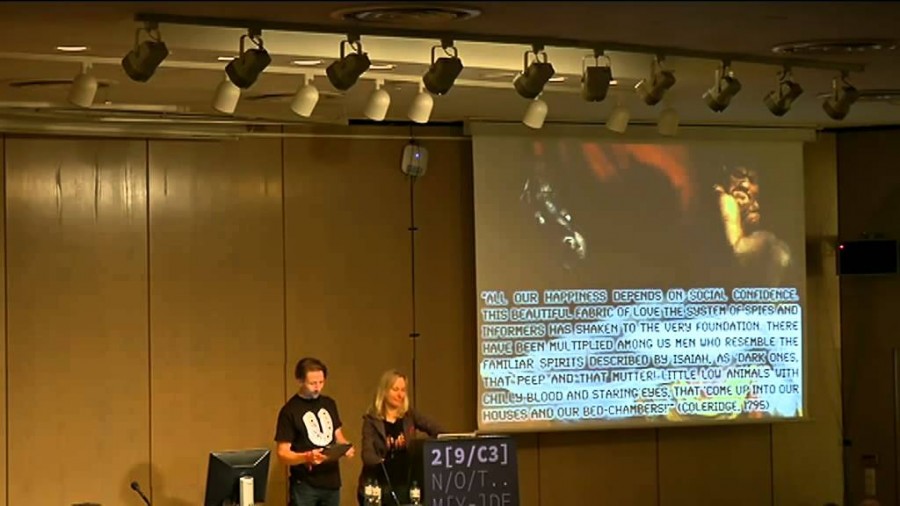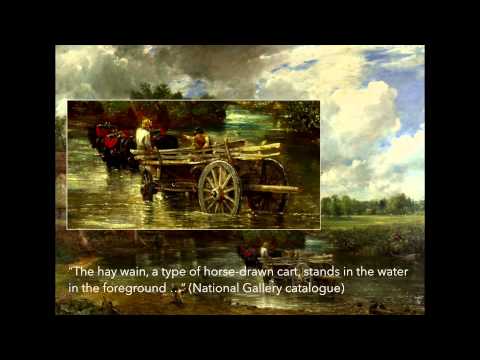I’m going to be talking about how the arts engage ethically and politically with the technization of the food chain, the chain or flow of sustenance from field to dinner plate. This is an inter-disciplinary talk but don’t worry, I won’t be claiming quite that poems and paintings are computational machines for working out social policy, because that would be crazy. But if I’m not willfully misunderstanding Joscha’s excellent talk on the computational universe, it seems that a likely candidate for the substrate of consciousness is the numinal, the realm of ideas, and that’s precisely where art and literature lives. So it’s the ideal place for deep processing of ethical issues, the big issues like food and tech.
Archive

We have to be careful about distinguishing between mere analogies linking the Romantic period to our own age that maybe don’t have any useful analogs, and those that do have some continued operational relevance. Because it is the case that Romantic writers like John Keats, Mary Shelley, William Wordsworth, philosophically modeled and to some extent thought through many of the debates and issues that we’re currently having as we seek to shape the contours of our future societies.

[T]otalizing perspectives which feed into mass-surveillance were framed ideologically in the Romantic period. Not only that, but strategies for resisting these totalizing narratives also emerged in the Romantic period in forms that exhibit suggestive correspondences with contemporary hacking.

